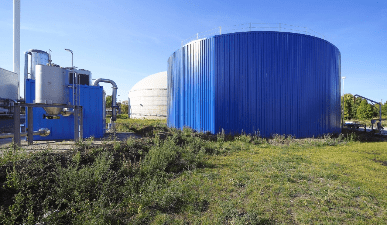Effective waste management is crucial for environmental sustainability, and diverting waste from landfills is a key aspect of this endeavor. Supporting landfill diversion and recycling efforts not only helps reduce the environmental impact of waste but also conserves resources and promotes a circular economy. Here are several ways individuals, businesses, and communities can contribute to these efforts:
1. Source Separation:
Encourage source separation at the point of generation, where waste is sorted into recyclable, compostable, and residual categories. Provide clear signage and educational materials to facilitate proper waste sorting in homes, businesses, and public spaces.
2. Curbside Recycling Programs:
Participate in curbside recycling programs offered by local municipalities. Ensure that recyclables are clean, dry, and properly sorted according to local guidelines. Support initiatives to expand recycling infrastructure and improve collection services.
3. Composting:
Compost organic waste, such as food scraps, yard trimmings, and paper products, at home or through community composting programs. Composting not only diverts organic waste from landfills but also produces nutrient-rich soil amendments for gardens and landscaping.
4. Reduce and Reuse:
Practice waste reduction and reuse by minimizing consumption, avoiding single-use items, and opting for durable and reusable products whenever possible. Choose products with minimal packaging and support businesses that prioritize sustainability.
5. Support Recycling Markets:
Purchase products made from recycled materials and support businesses that incorporate recycling into their operations. Create demand for recycled products and contribute to closing the loop on the recycling process.
6. Advocacy and Education:
Advocate for policies and regulations that promote waste diversion and recycling at the local, state, and national levels. Support educational initiatives that raise awareness about the importance of waste management and encourage sustainable behavior change.
7. Collaboration and Partnerships:
Collaborate with local governments, businesses, non-profit organizations, and community groups to develop and implement waste diversion and recycling initiatives. Pool resources, share best practices, and leverage collective expertise to maximize impact.
8. Innovation and Technology:
Support research and innovation in waste management technologies, such as advanced recycling techniques, waste-to-energy conversion, and materials recovery facilities. Invest in infrastructure upgrades and technology adoption to improve waste diversion rates and processing efficiency.
9. Financial Incentives:
Provide financial incentives, such as tax credits, grants, or rebates, to businesses and individuals that adopt sustainable waste management practices. Encourage investment in waste diversion and recycling infrastructure through public-private partnerships.
Conclusion:
Supporting waste management’s landfill diversion and recycling efforts requires collective action and commitment from individuals, businesses, and communities. By implementing source separation, participating in recycling programs, composting organic waste, reducing consumption, advocating for policy change, and fostering collaboration and innovation, we can make significant strides towards a more sustainable and circular economy. Together, we can minimize waste generation, conserve resources, and protect the environment for future generations.



